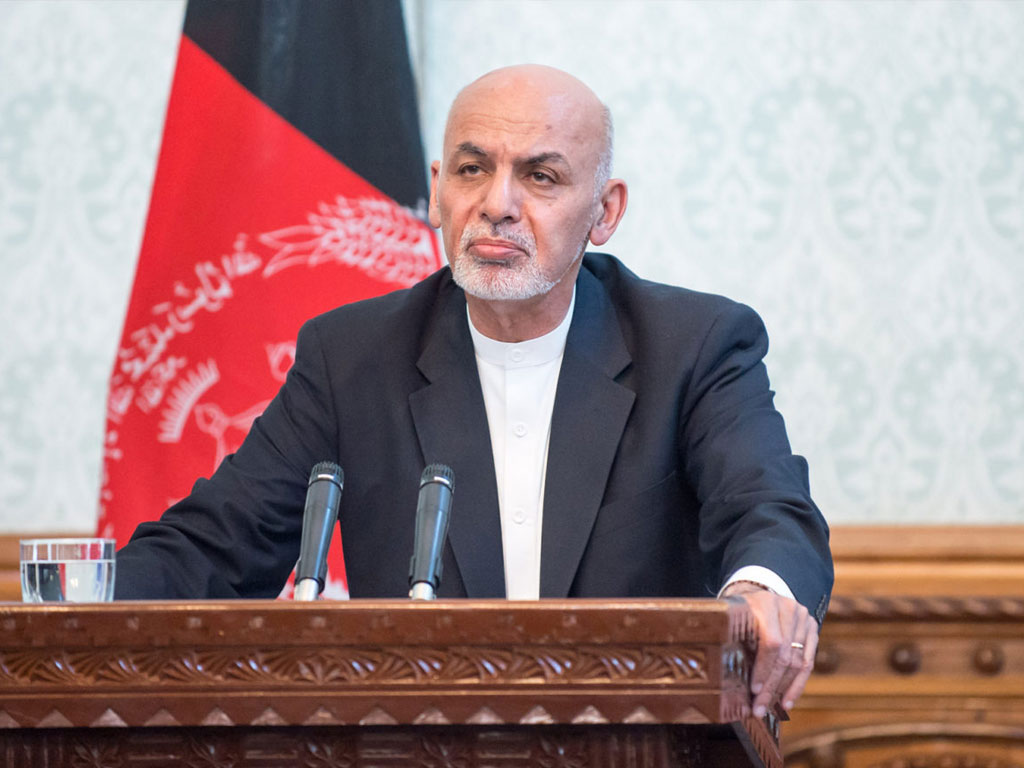Peace in Afghanistan

Peace in Afghanistan remains elusive. One moment it looks so close the very next it turns into an ever-receding mirage. This past week was one such moment when the US-Taliban appeared to be closing a deal with Washington ready to give a timeline for withdrawal of its troops and winning in return the Taliban agreement to have interaction with the Afghan government. The Ashraf Ghani government had composed a team with a view to sitting across Taliban in trilateral talks in Doha. Taliban, however, rejected the composition of the Kabul team. They plausibly argued that they would meet the government team only after the United States announced its withdrawal timeline. Obviously, US special envoy Zalmay Khalilzad, who has worked so hard for such a meeting, was disappointed. He told Kabul rulers to wait until there is an agreement with Taliban on withdrawal of troops. According to him, the withdrawal agreement would be contingent upon strict observance of ceasefire. He also made it clear that the government team should include non-officials - whereas the government team included officials. The Taliban were quick to reject the talks. To those familiar with Afghan imbroglio this back and forth is not an unexpected phenomenon and it would persist unless there is recognition of three ground realities - one, President Trump wants his boys back home as early as possible; two, Taliban believe they have won the war and will not forfeit their victory on the negotiating table; three, the rulers in Kabul want to be part of the post-withdrawal government setup.
Pakistan has fought on both sides of the Afghan war. It groomed Afghan Taliban, helped them come to power, recognised the Mulla Omar-headed Afghan Emirate, and earned harsh payback when it changed the side and became part of the United States' 9/11 anti-Taliban 'crusade'. Nobody in Pakistan asked why the Afghans were being hit when none of them was among the perpetrators of 9/11. And as for the presence of Osama bin Laden in Afghanistan, Mulla Omar offered to try him under the then prevalent Emirate law if proof of his involvement is provided. Instead of responding to his offer - which was made public in his first-ever interview reported in the first issue of the Emirate News - the United States launched a devastating air attack followed by landing of troops. Pakistan provided all it could to help the US campaign against the Taliban. Having lost the war to the Taliban, the United States now wants Pakistan to fill the boots it is leaving behind. After the one-on-one meeting with Prime Minister Imran Khan in the White House last week, President Trump urged him to 'persuade' the Taliban to hold direct talks with the Afghan government, and the prime minister said at a Washington think-tank that he 'planned to meet Taliban soon after returning to Islamabad and would urge them to hold direct talks with the Afghan government'. Is it then a possibility that Pakistan would undertake to do what the Americans could not. Taliban would love to come to Pakistan, but as for direct talks with Afghan government their spokesman says "intra-Afghan talks will start only after a foreign force withdrawal is announced."
Simply stated, now when President Trump has changed his mind and wants a negotiated Afghan settlement, instead of ending the war in Afghanistan in 10 days by the use of bombs, Pakistan should not be tempted, in any manner, to do what the world's most powerful war machine could not in 18 years. The Taliban are sons of the soil, they are also Afghans and they too want their people to have peace and tranquillity. They are no one's proxy, and would accept only what sits well with their worldview. And if the government in Kabul is truly interested in national reconciliation, as it claims, then it must postpone the election for the time being. Let the peace parleys succeed and let all sections of the Afghan society join the electoral race. By refusing the fruits of war victory to the Taliban the United States and its allies, old and new, would be adding to the suffering and torment of the people of Afghanistan.




























Comments
Comments are closed.